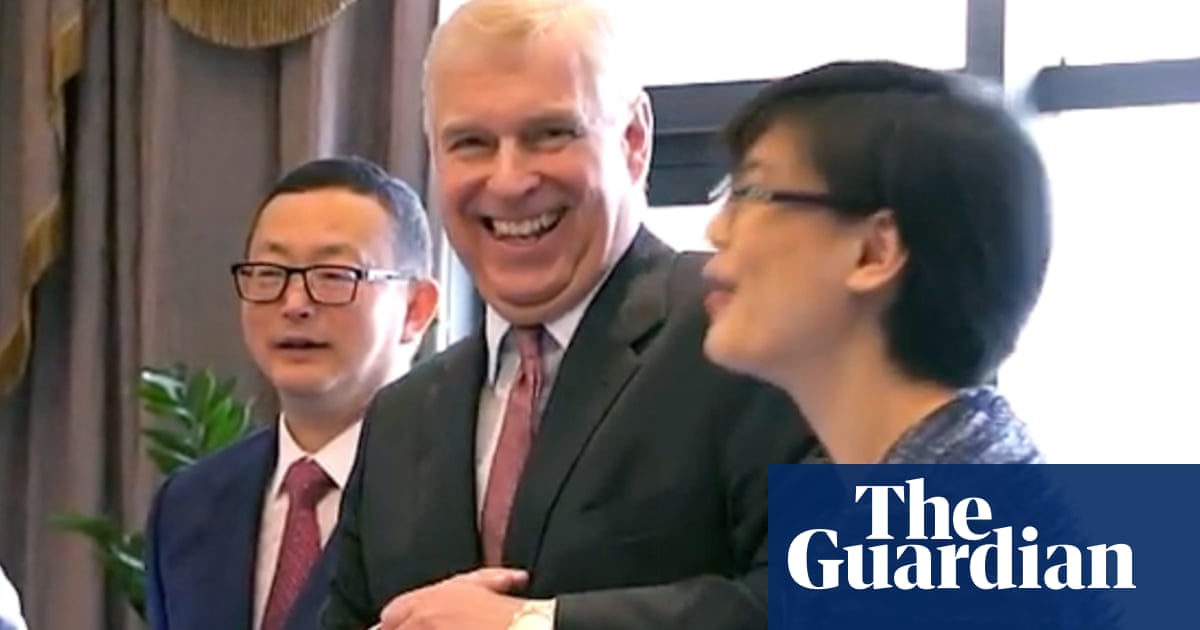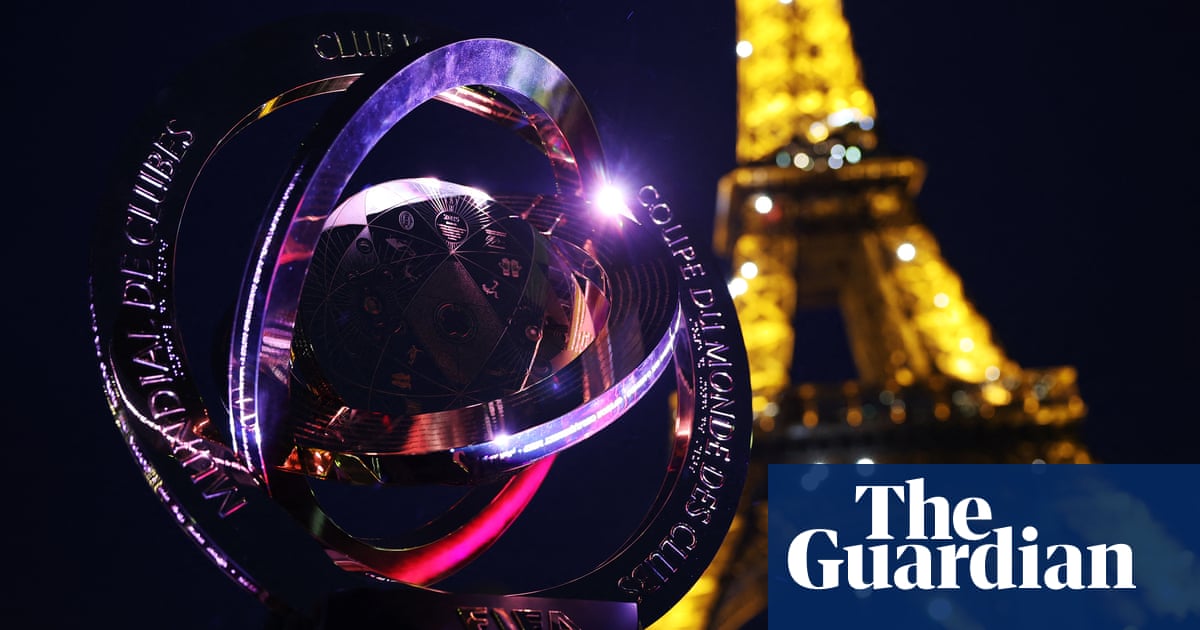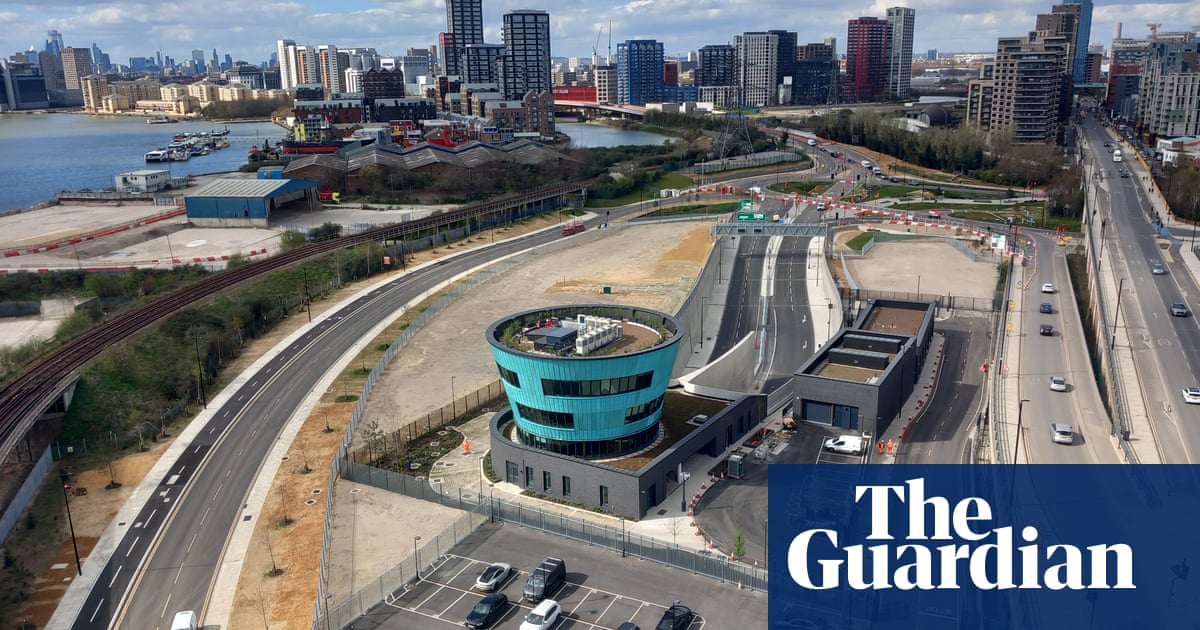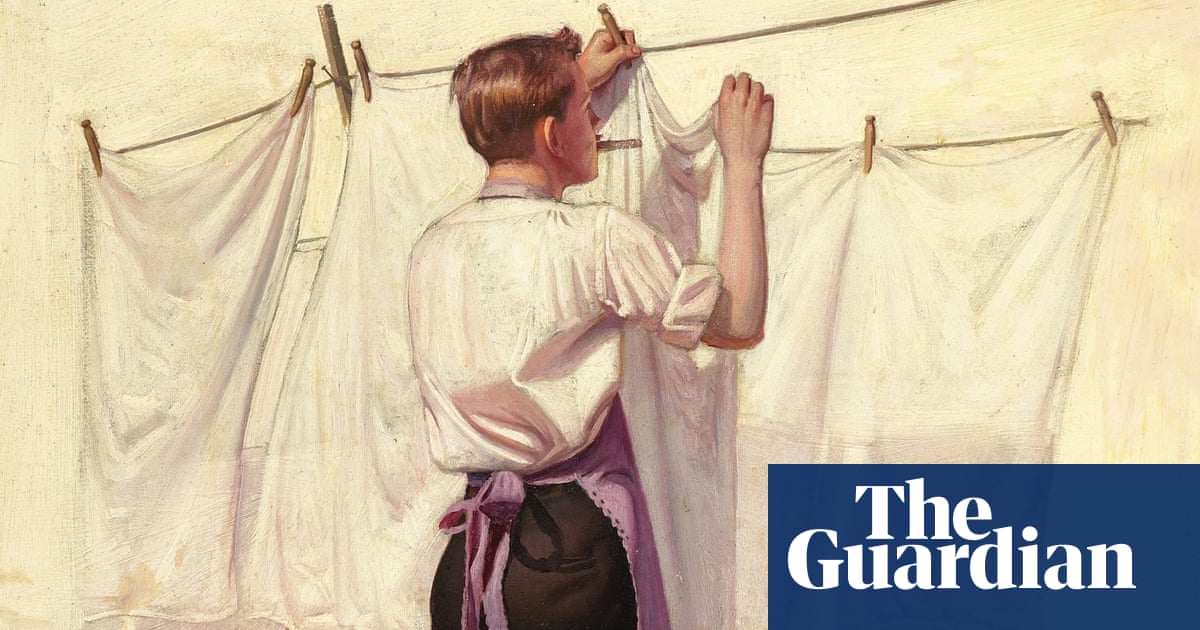In a section of woodland next to Wildparkstadion, this winter’s festivities are in full swing. It is a cold, crackling December day and Karlsruhe’s ultras have set up their version of a Christmas market. Warm glühwein may be the best bet in conditions such as these but one of their number has also brought a portable outpost of the brewery that he runs.
Further along, children are served pancakes; anyone needing to augment their colours before the match against second-tier promotion rivals Hamburg can buy scarves or hats. The game is important but the proceeds from these stalls, which will go to local organisations supporting refugees, will outlive any football result.
Everyone present knows Sophia Gerschel, a familiar face among the thrumming crowd. She has charted Karlsruhe’s ups and downs with them for a decade and a half, but that is not all. In some cases she may have helped them navigate tough or contentious situations, whether in or away from football, but that must stay between them. Her work is mirrored across Germany and she could not have anticipated becoming the national face of a battle for its survival.
“I never accepted that this could happen,” she says. Gerschel is a leader of Karlsruhe’s Fanprojekt, a body that has few parallels elsewhere in Europe. It is a form of social work, essentially aimed at helping younger fans deal with problems that may arise around football stadiums or in broader life. On the ground Fanprojekte assist supporters in avoiding conflict or misunderstanding with police and, at away games, help deal with logistics. They tend to be funded by a mixture of local government and German football’s ruling powers. Their work is regarded as both educational and preventative: helping steer people away from hooliganism, extremism or drugs while empowering individuals to carve their own path.
There are about 70 such groups in Germany, but they face an existential problem. In late October Gerschel and two colleagues were fined, and given criminal records, by Karlsruhe district court in a case that has turned heads beyond football. They had refused to give evidence to an investigation into supporters from the “Rheinfire Karlsruhe” group who set off pyrotechnics at a home game with St Pauli in November 2022, an incident that injured 11 people. It was not a matter of seeking to protect wrongdoers; it was about safeguarding their own work, and the trust it requires between social workers and individuals.

“It can have serious consequences for our work with the fans,” Gerschel says. “They talk to us and trust us. They don’t talk to police, security or other authorities. We can translate what they want, what they are thinking, because we are in the middle. And we can be critical with them, like with the St Pauli game, saying: ‘This wasn’t good, people cannot get injured, we need to talk and find a solution.’ We can do this but the police and the club cannot. It needs social work to connect and interpret.”
The defence team in Gerschel’s case pointed out that the police already had the names of potential perpetrators, and that nobody knew for sure who the ringleaders were because they were masked. No relevant information was being withheld. The Karlsruhe Fanprojekt was backed afterwards by the club and Germany’s football association. It shows this was not an example of apologising for criminals. At stake is a core element of German football’s social contract.
Ole Schmieder, Gerschel’s equivalent at the Hamburg Fanprojekt, sits at a table with her in an office next to the stadium. A distant cheer is audible from inside; Hamburg have taken the lead through Jean-Luc Dompé and the vibrant home crowd, today favouring drums over fireworks, is momentarily silenced. Schmieder will not end up watching any of the match because he and his colleagues must arrange emergency blankets for visiting fans making the nine-hour journey home on a special train service. The heating in one of the carriages has broken and temperatures will near freezing point inside.
“They have taken a bullet for all Fanprojekte,” Schmieder says of Gerschel and the Karlsruhe setup, who are appealing against the verdict. “If they had caved in, it would probably have ended relations between us and the ultras in Hamburg. They’ve taken all these risks in their personal lives, going in front of a judge.”
He explains some of the practical issues the precedent set by Karlsruhe’s court, if repeated across the country, would create. “People would still talk to us superficially but, for example, they would ask us to not be on the same train today,” he says. “They would tell us: ‘Hello, nice to see you, the weather is fine, think we will win or lose?’ But they would never come and talk about the kind of issue that would make a difference to them. Even if they knew I didn’t want to betray them, they would know I didn’t have a choice.”
This is already being felt by Gerschel and the fans who hold her in such high esteem. Since the verdict, the Karlsruhe Fanprojekt has stopped travelling on buses to away games with the ultras, so that all parties are protected. “When you are driving nine or 10 hours to Rostock and back there is a lot of time to talk, to listen to what is happening in their lives, to see can we help or if they want help,” she says. “This time is missing now.”

Their contention is that federal law should be changed to allow social workers the right not to give evidence. It was echoed by banners and chants across Germany’s stadiums in early November. “Social workers are not criminals,” read a standard in Bochum; the Hamburg fans unfurled another reading: “Solidarity with the Karlsruhe Fanprojekt!” The support is not unnoticed. “It isn’t easy to do this,” Gerschel says. “But we have to do it and we don’t do it alone.”
It feels apposite to be here, at a match between two of the oldest organisations of this type. Hamburg’s Fanprojekt was formed in 1983, a year after the Werder Bremen fan Adrian Maleika was killed as a result of violent clashes between the club’s fans. The Karlsruhe version has existed since 1989. These are richly valued institutions.
Michael Gabriel, the head of the national Fanprojekt coordination office (KOS), says he has detected worrying wider ramifications. “The case shows a weak point in legislation and it’s becoming very obvious,” he says. “It seems the police and state attorney do not care enough about social work. On the one hand, we realised it is an opportunity to bring this issue to the public and discuss the legislation. On the other, we’ve seen insecurity grow. We’ve had colleagues leave their positions because they don’t want to get in this kind of situation. And in job interviews, more people are asking what support we can provide for their safety.”
KOS is among the bodies to have applied long-term pressure for a rethink of the law. If it does not take place, or at least if Gerschel and company do not win their appeal in Karlsruhe, Schmieder sees a bleak future. “We’re not hindering the police, we’re not aiding criminals,” he says. “We need the police, and in a way they need us. Why are you destroying this? If this ruling goes through, this will all be gone in a year. It will all be destroyed for one case, one conviction.”
Chilly train compartments or not, Hamburg’s fans depart merrily with a 3-1 win. Gerschel makes another appearance at the pop-up market, where sorrows are willingly drowned. Even if the nature of their relationship has been put under question, the admiration of Karlsruhe’s ultras has only grown since the Fanprojekt stood its ground. She knows the fight must continue. “We will have to wait months to go to the courts again,” she says. “We’ve been a constant in football for 40 years. But this isn’t just about us, it’s about something much bigger.”

.png) 3 months ago
31
3 months ago
31













































